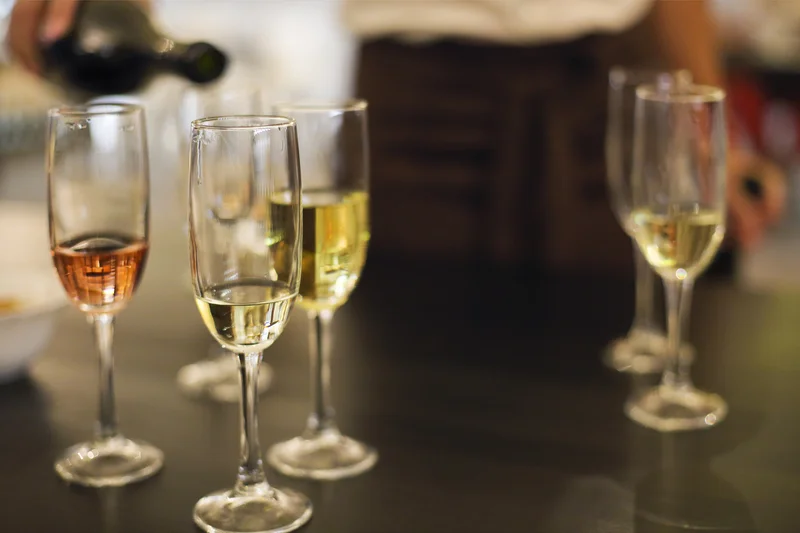
Alcohol cravings can sneak up on you when you least expect them, especially when you’re in the early stages of sobriety. Here’s how to avoid alcohol cravings, reduce urges and stay in control. Engaging in regular physical activity serves as a powerful tool for individuals in recovery. Exercise has been shown to stimulate the production of endorphins, which enhance mood and reduce cravings.
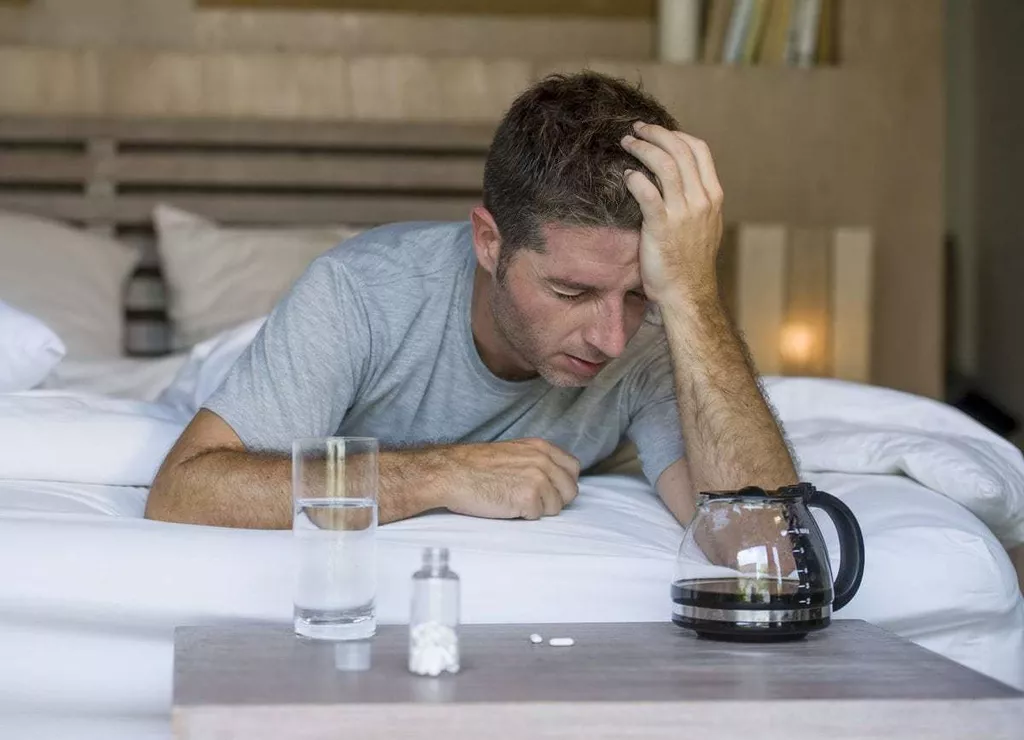
How to Respond to Triggers and Cope with Cravings
- It focuses on addressing current problems rather than past causes, providing practical tools and strategies to manage stress, cravings, and triggers.
- Loving someone with alcohol use disorder (AUD) often feels like walking a tightrope.
- Nutrition plays a vital role in how we feel both physically and emotionally.
- Dr. Curl is the Medical Director and primary on-site provider for First Steps Recovery.
- Long-term sobriety relies on sustained support systems and continuous therapy.
Hobbies not only serve as distractions from cravings but can also promote a sense of fulfillment. Activities like painting, hiking, or writing encourage focus, reducing idle time when temptations may increase. Creating a welcoming and positive environment is equally important. Surrounding oneself with individuals who inspire growth and engage in healthy activities can significantly reduce the chances of relapse. This includes participating in support groups like Alcoholics Anonymous (AA) or Narcotics Anonymous (NA), where shared experiences foster a sense of community.
Evaluating the costs and benefits of drinking
Your primary care provider may or may not be willing to prescribe you naltrexone for cutting back on your drinking if that is your goal. It’s telling you that there is something going on at the present moment that is making these cravings happen. It might be telling you to have a drink, but it’s not controlling you.
How to Manage Alcohol Cravings
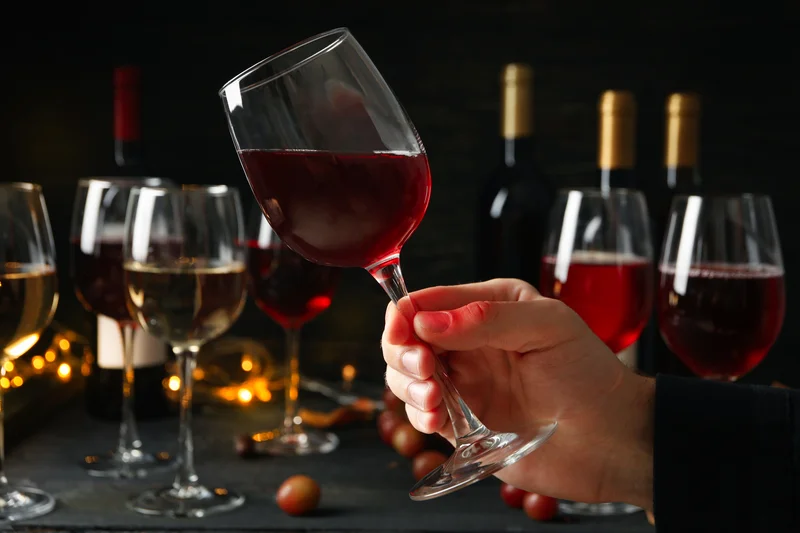
This can help reduce the accessibility and temptation of alcohol. Consider how giving into an urge keeps it alive while not giving into the urge slowly kills it. While you can’t make the urge go away, you can see it for what it is. Other helpful distractions might include meditation, calling a sober buddy, or taking a shower, Hank suggests.
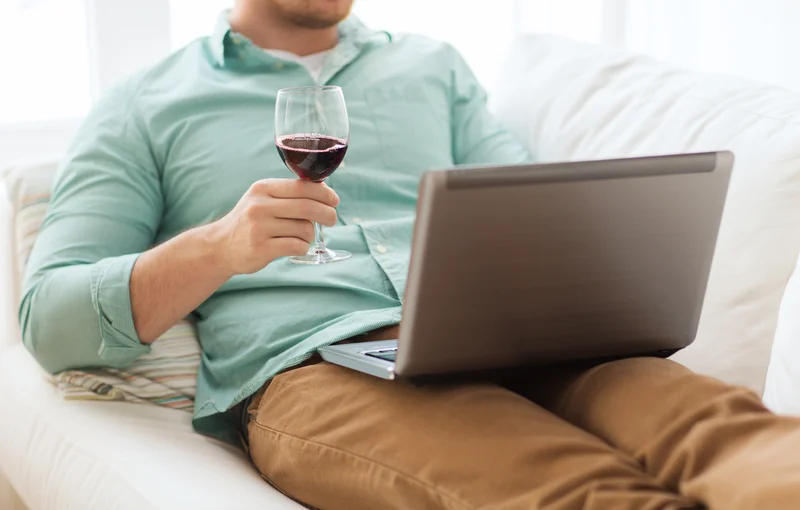
Explore Alcohol Treatment Centers
Craving cycles often manifest as a repetitive pattern where an individual experiences a trigger, followed by a craving, and then a decision-making process thatmay lead to substance use. This cycle empowers individuals to disrupt the pattern and seek alternative responses. Support systems, including therapy and peergroups, play a significant role in aiding individuals to navigate these cravings.
Could it be something unrelated, like a work overload or a sticky situation with a friend? Refraining from blowing up cravings in your mind makes them a lot easier to deal with, and lets you coping with alcohol cravings effectively identify and address the trigger. Regardless of whether your sobriety date is last week or last year, if you’re in recovery, you’re very likely to experience a strong urge to use or drink at some point. Although strong cravings can potentially lead to relapse, when you handle them properly, you will overcome those urges – and they will leave you stronger in the long run. Unchecked cravings can lead to unhealthy habits like substance abuse. Start by identifying your personal triggers and choosing one coping strategy to practice this week.
- Prescription medications can be a useful tool in treating alcohol cravings.
- The symptoms listed above may be a sign of a severe form of alcohol withdrawal called delirium tremens, or DTs.
- Cognitive Behavioral Therapy, commonly known by its acronym, CBT, is a psycho-social intervention that helps individuals manage their problems by altering their cognitive processes and behavior.
- This could mean exercising, picking up a new hobby, or spending time in the company of supportive friends or family.
- This neurotransmitter is key to reducing depression and anxiety—common reasons people use alcohol and also common issues that arise when quitting alcohol (4).
How To Stop Alcohol Cravings: 8 Medications & Natural Remedies
- Remind yourself that cravings don’t last, and this one will be gone in a few minutes.
- One effective approach involves acceptance of the craving without acting on it, which helps reduce the power of the urge over time.
- But, incorporating them into your diet can help you manage your urges more effectively, as part of a comprehensive recovery strategy.
- Most health professionals will offer various treatment options like this.
- It’s a convenient and effective way to get the professional support you deserve.
Cognitive Behavioral Therapy (CBT) for addiction is built marijuana addiction upon core principles from learning theories. These include classical conditioning, operant conditioning, and social cognitive theory, which collectively explain how substance use behaviors develop and are maintained. Alcohol abuse and addiction doesn’t just affect the person drinking—it affects their families and loved ones, too.
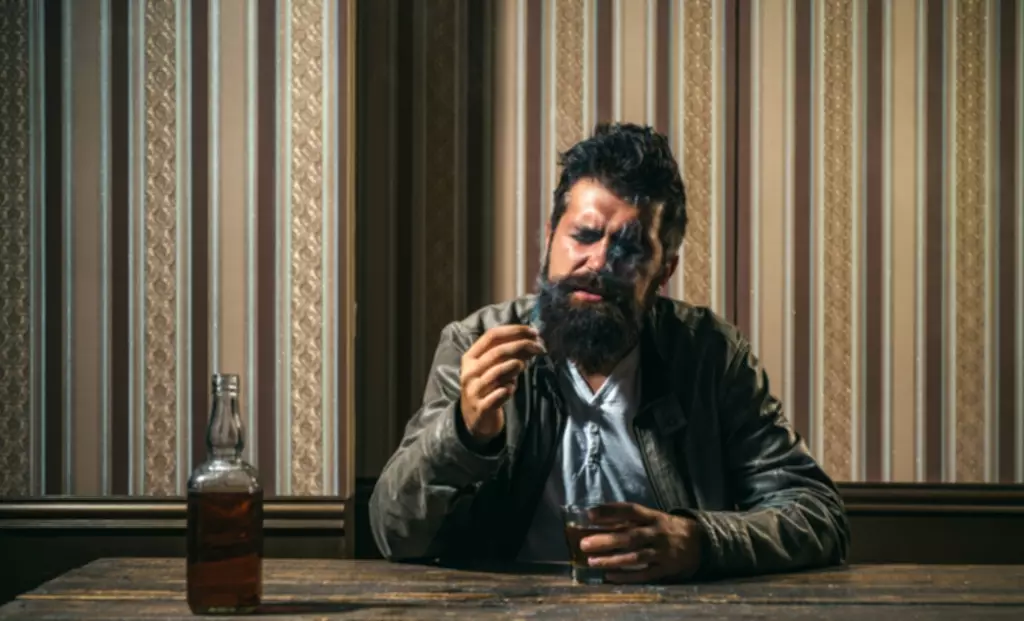
Exercise is not only beneficial for your physical health but can also help distract you from cravings. Additionally, seeking support from a therapist or counselor specializing in addiction recovery can help individuals uncover hidden triggers and gain a deeper understanding of their addiction. Stand back and examine the feeling without judgment and without feeling you have to do one thing or another. This becomes easier if you practice mindfulness meditation each day.
How to Cope with Cravings and Triggers in Recovery
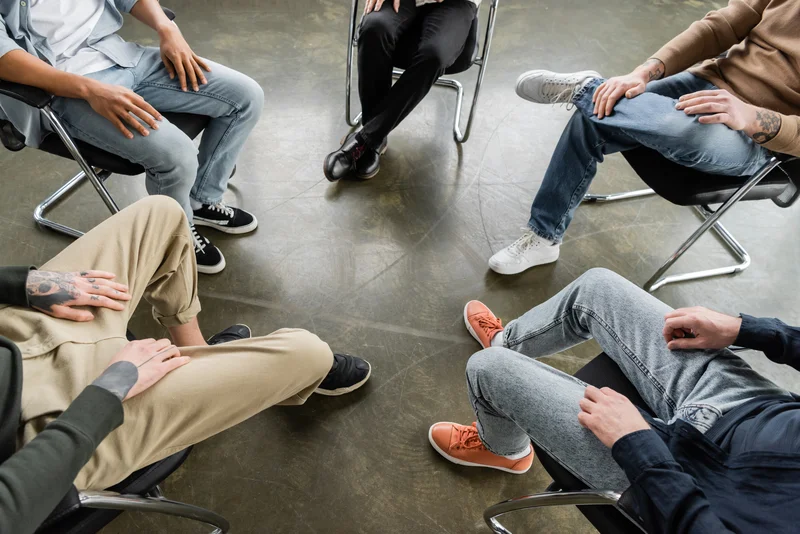
Reaching out to your support system (think family, friends, therapist, sponsor, mentor, etc.) and talking about how you are feeling is another effective way to ride out an urge. Speaking about your struggles during a group meeting is a great idea as well – and a great place to gather practical tips and nuggets of wisdom. Human connection is a fundamental source of warmth and courage, and may very well give you the inner strength to keep up the fight and to stop addiction. The first step to resisting addiction is accepting that cravings are an inevitable and completely normal occurrence in recovery – not a sign that you’ve done something wrong, or failed! Trying to squash or push away the urge will only make it stronger, so accept what you’re experiencing without guilt and seek a productive way to deal with it.